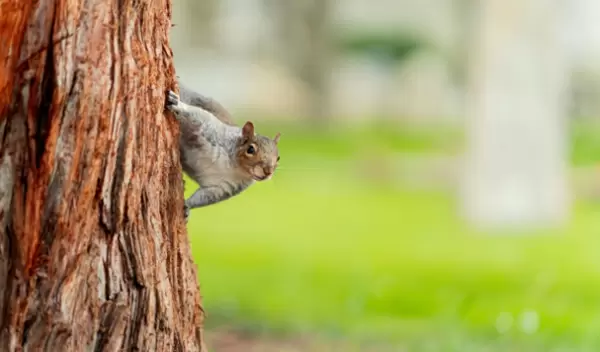
New study exonerates some urban pests as one-of-a-kind disease reservoirs
A research team led by U.S. National Science Foundation-grantee scientists at Georgetown University has found that city wildlife might pose less threat for future pandemics than once thought.
In a study published in Nature Ecology and Evolution, the researchers set out to understand whether animals living in cities tend to have different viruses.
"As we recover from the current pandemic and work to prevent the next one, it is critical that we know where to look for the next possible outbreak," said Sam Scheiner, a program director in NSF's Division of Environmental Biology. "It is just as important to know where we do not have to look so we do not waste resources."
The COVID-19 pandemic has sparked interest in where future outbreaks are at the highest risk of emerging. Scientists have long suspected that cities might be hotspots for outbreak risk, thanks to species like rats that make their homes alongside us.
The scientists set out to study whether these species might play host to a greater number of pathogens. The researchers examined the pathogens hosted by nearly 3,000 mammal species and found that urban-adapted animals could host roughly 10 times as many diseases. However, the pattern was partly a problem of sampling bias. The urban species were studied nearly 100 times more often than their rural counterparts.
The team found that city-living species don't seem to host more human-infective viruses than their rural counterparts. The study's findings might exonerate city wildlife from being considered "hyper-reservoirs" of infectious disease. However, that doesn't mean cities are disease-free.
Co-author Colin Carlson said that the study highlights the value of scientific data. The researchers used a database called The Global Virome in One Network, created by the Verena Consortium.
The study concludes that future research should go beyond how many pathogens any given animal has and explore how city living shapes the prevalence and transmission of diseases.
